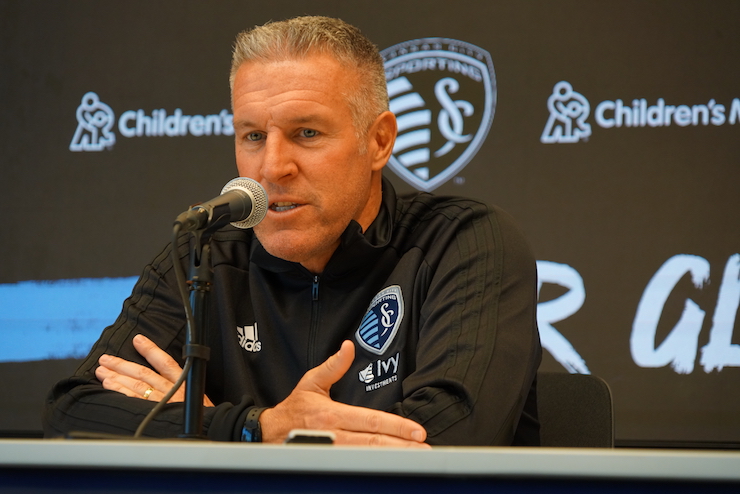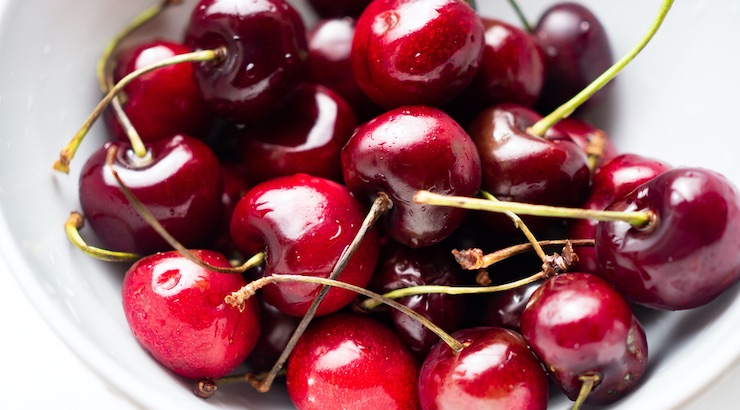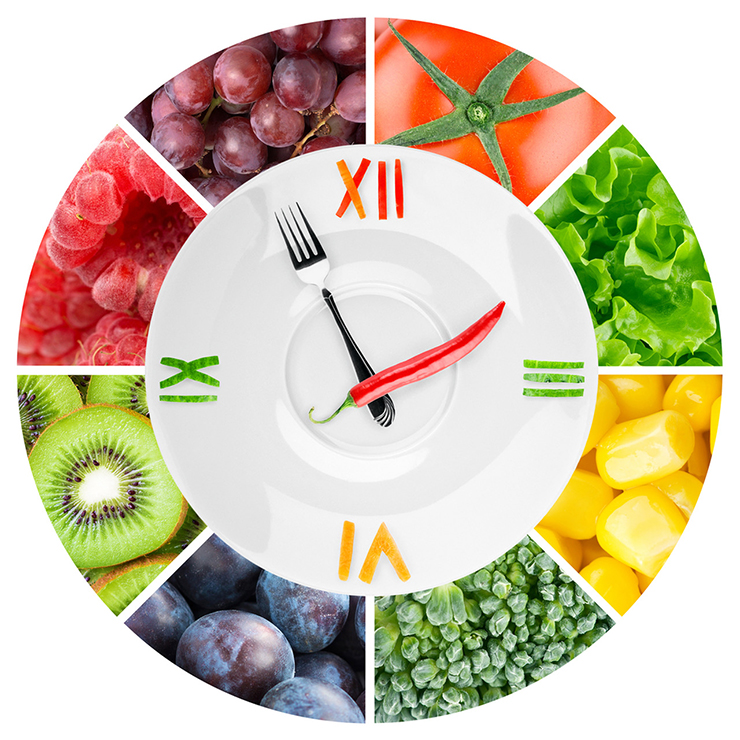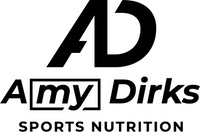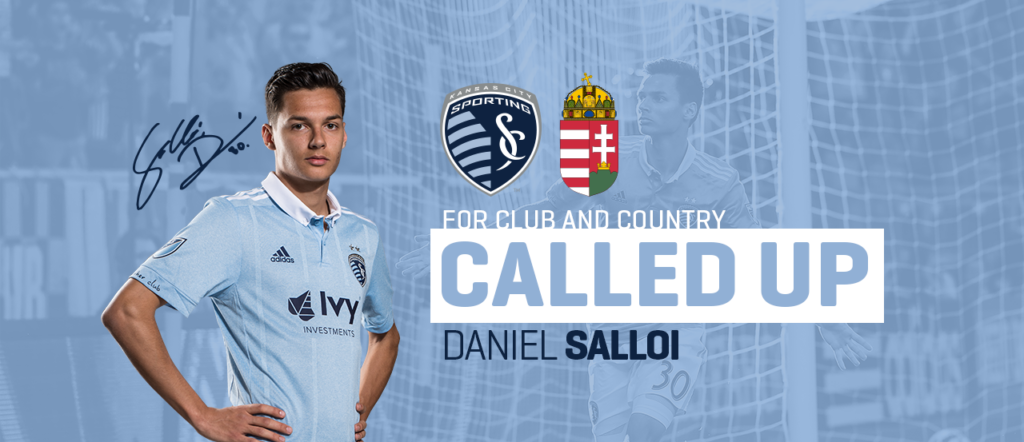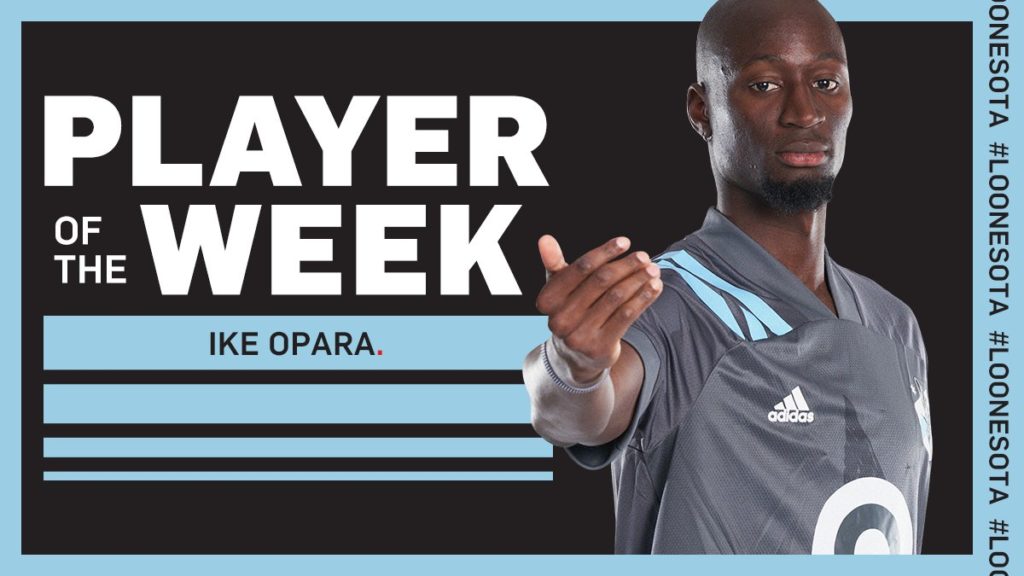It is Simple: What A Players Eats Impacts Their Performance
In almost every scenario you can think of, whether it be an athlete, a team, a medical diagnosis, or just someone wanting to lose body fat, a healthy change in diet can be beneficial. I’m always surprised when I hear how resistant people can be to changing their eating habits, yet they are ok with taking a pill that has tons of side effects.
Here is former MLS Sporting Kansas City Nutritionist Amy Dirks on YOU are in control of what goes into your mouth … you can eat to heal your body or you can eat to kill your body.
“Amy’s guidance on healthy and creative food options made our players better informed and better positioned to succeed.”
Peter Vermes, MLS’ Sporting Kansas City Manager since 2009
Sporting Kansas City has won the 2013 MLS Cup and are four time U.S. Open Cup Champions and the winners of the Supporters’ Shield. Sporting KC is a team determined to win. If Peter Vermes, their head coach and manager, recognizes the importance of nutrition for his soccer players and knows the impact food can have, shouldn’t you?
Read: MEET SOCCERTODAY’S NUTRITIONIST AMY DIRKS – GREAT INFO FOR SOCCER PLAYERS OF ALL AGES
What A Soccer Player Eats Impacts Their Performance On The Soccer Field
If you think diet doesn’t make a difference, I hope to enlighten you in this article and I dare you to try it for a few weeks and see what happens!
Working hard is important, but controlling what you eat and what you put into your body is a simple concept with huge gains from a performance and recovery standpoint.
It’s time to stop thinking that more training and working harder is the answer.
That thought concept is antiquated.
Soccer players loaded with good nutrition have improved performance during sports. At the most basic level, the foods we eat break down into chemical messengers to tell our cells what to do.
Controlling what food and drinks you buy in the grocery store is up to YOU (if you are a younger athlete, your parents/guardians and your coaching staff should help you make good decisions).
The best news? You are in control of what you eat. (This is one of the controllable you can control.)
You Can Eat To Heal Your Body or You Can Eat To Kill Your Body
The Impact of Nutrition and Performance for Youth and Adult Soccer Players
Do you want more energy for activity? That’s food related. The carbohydrates and what types of carbs you ingest, as well as the fats and how much and when all have an impact on your performance.
Are you dehydrated and cramping? That’s micro-nutrient related.
Do you need increased strength to lift weights? That’s also food related. Protein, amino acids, hormones all impact a player’s power.
I know for a fact that in soccer, body composition is important.
Even if it’s not the focus, a soccer player wants to feel light on the field and not weighed down by extra bloat and weight. This is not just genetics and how hard you train … this is absolutely affected by your diet!
You should not ignore how much impact nutrition can have on Performance.
Read: SOCCER PLAYERS: TOP 10 WAYS TO DETOX FOR BETTER PERFORMANCE
Proper nutrition can help with:
- Energy levels and delaying the onset of fatigue
- Preparing for the next days training or competition
- Improves body composition
- Improves strength
- Enhances concentration and mental alertness (the gut communicates with the brain via neurotransmitters; essentially what you eat is telling your brain what to do)
The Impact of Nutrition and Recovery for Youth and Adult Soccer Players
There is always emphasis on the performance side of sports, but don’t overlook the importance of recovery! When you are training hard, breaking down those muscle fibers, losing those electrolytes, and depleting the body, how are you supposed to perform at the highest level the following training day if you didn’t recover properly.
Read: SOCCER NUTRITION: BONE BROTH IS THE ULTIMATE RECOVERY DRINK
What happens when this cycle occurs over and over again? Don’t set yourself up for this failure.
Proper nutrition can help with:
- Injury prevention
- Muscle healing
- Decreased muscle tiredness and soreness
- Increases immune function
- Better sleep quality
Soccer Coaches Can Use Good Nutrition As A Tool
Coaches are sometimes the key contact for an athlete when it comes to nutrition information and education. Don’t overlook this huge opportunity to help not only your team overall, but an athlete and their wellbeing.
Read: NUTRITION FOR SOCCER PLAYERS: PRE-GAME MEAL
Athletic goals for the team and/or individual athletes will determine nutrition needs however, ALL athletes can benefit from a solid nutrition foundation where general healthy choices are emphasized, water is recommended, unhealthy options are not readily available, and when eating as a team, healthy foods are enjoyed with some nutrition education thrown in as to why those choices are best.
Read: AVOIDING THE 911 ON FAST FOOD: OPTIONS FOR SOCCER PARENTS
I have yet to meet a parent that doesn’t care about their child’s performance and health and want the best for them!
Players can benefit from a list of healthy snacks, recommendations for quality pre-game options and/or post recovery foods. Think of starting a “no soda” challenge and even emailing a weekly nutrition tip, or simply getting parents involved if the athletes are younger and explaining to them why this is important.
Just think of the nutritional guidance professional clubs give their players. The sooner a youth soccer coach or club starts sharing nutrition advice with their families, the faster their players (and the team) will experience the benefits.
Eating the right foods is critical for optimal performance.
It’s also important to eat them at the correct time.
Read: HYDRATION FOR SOCCER PLAYERS: WHAT TO DRINK WHEN and NUTRITION FOR SOCCER PLAYERS: WHAT TO EAT WHEN
I was fortunate enough to have full support of the coaching staff while working in the MLS. This top down support made a huge impact on the overall success of the club, the sports nutrition program, and the athletes involved.
If you want the respect of your athletes, you should practice what you preach.
My column on SoccerToday has tons of great advice for soccer players of all ages and different levels from beginning recreational players to high level professionals, and I am told the articles are well liked — but the articles can’t break down the necessary steps and successful tricks to providing nutritional advice for soccer clubs.
Read: NUTRITION FOR SOCCER PLAYERS: TOP TEN FOODS TO AVOID
If sports nutrition is something you would like to implement for your athletes but don’t feel like you have the knowledge, or maybe the time to move forward, there are options available to assist you.
After being an athlete myself and then working with college and pro athletes, I realized there is a lack of nutrition knowledge amongst all levels. And, not all teams can afford a sports nutritionist or dietitian to help.
Read: NUTRITION FOR SOCCER PLAYERS: TOP TEN FOODS TO EAT
I decided to take my nutrition knowledge, sports background, and experience in the MLS and create an online sports nutrition program that any team (or athlete) can purchase and implement into their curriculum at their own pace. All the work is done for you! Vidoes, presentations, pdf handouts … check out Amy Dirks Sports Nutrition if this sounds helpful!
Here is what pro player — Daniel Salloi thinks about the effect of nutrition on his game.
“When I came to Sporting KC I was a skinny tall player from the Academy. Amy helped me finds ways to enjoy to gain weight and build muscle,” said Daniel Salloi, Sporting Kansas City striker. “She was a great part of our club and made us feel very important and special. My goal was to gain weight and build muscle while working with Amy and that worked out perfectly.”
Ikenna Martin “Ike” Opara, a defender for Minnesota United, also understand the power and importance of nutrition and its impact on his performance.
“Personally, Amy really took time to get to know me and what it is that my body needs to perform,” said “Ike” Opara, Minnesota United defender. “She understands the nutrients that an athlete needs to achieve maximum performance.”

